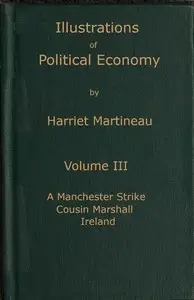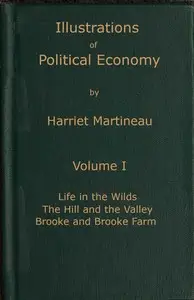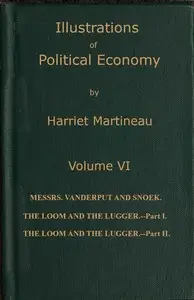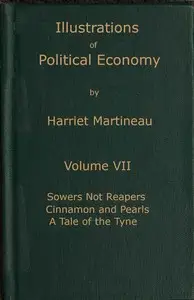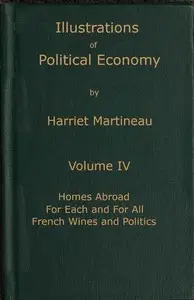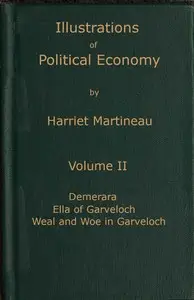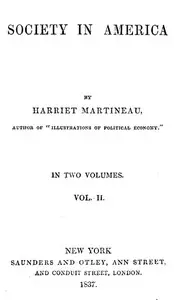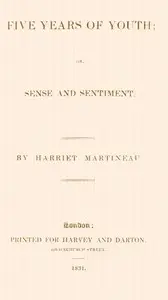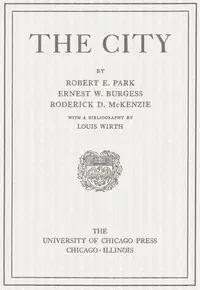"Illustrations of Political Economy, Volume 5" by Harriet Martineau is a historical fiction that transports readers to 19th-century Siberia, where Polish exiles face tremendous adversity. Right from the start, the story paints a bleak picture with Russian officers guiding Polish prisoners towards their despairing future. The narrative features characters such as Taddeus, who self-inflicted a crippling injury to dodge military service, and his sister Sophia, who wrestles with bitterness and sadness due to their exile. Their family connections are strained through harrowing trials as they navigate through a terrain that reflects of their displaced homeland. Through their interconnected experiences in the freezing Siberian territory, Martineau examines universal concepts of forfeiture, national heritage, and the durable nature of humanity when faced with severe conditions.
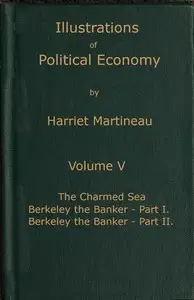
Illustrations of political economy, Volume 5 (of 9)
By Harriet Martineau
In 19th-century Siberia, exiled Polish prisoners struggle through a bleak terrain of loss to reveal the strength of the human spirit.
Summary
About the AuthorHarriet Martineau was an English social theorist. She wrote from a sociological, holistic, religious and feminine angle, translated works by Auguste Comte, and, rarely for a woman writer at the time, earned enough to support herself. The young Princess Victoria enjoyed her work and invited her to her 1838 coronation. Martineau advised "a focus on all [society's] aspects, including key political, religious, and social institutions". She applied thorough analysis to women's status under men. The novelist Margaret Oliphant called her "a born lecturer and politician... less distinctively affected by her sex than perhaps any other, male or female, of her generation."
Harriet Martineau was an English social theorist. She wrote from a sociological, holistic, religious and feminine angle, translated works by Auguste Comte, and, rarely for a woman writer at the time, earned enough to support herself. The young Princess Victoria enjoyed her work and invited her to her 1838 coronation. Martineau advised "a focus on all [society's] aspects, including key political, religious, and social institutions". She applied thorough analysis to women's status under men. The novelist Margaret Oliphant called her "a born lecturer and politician... less distinctively affected by her sex than perhaps any other, male or female, of her generation."

